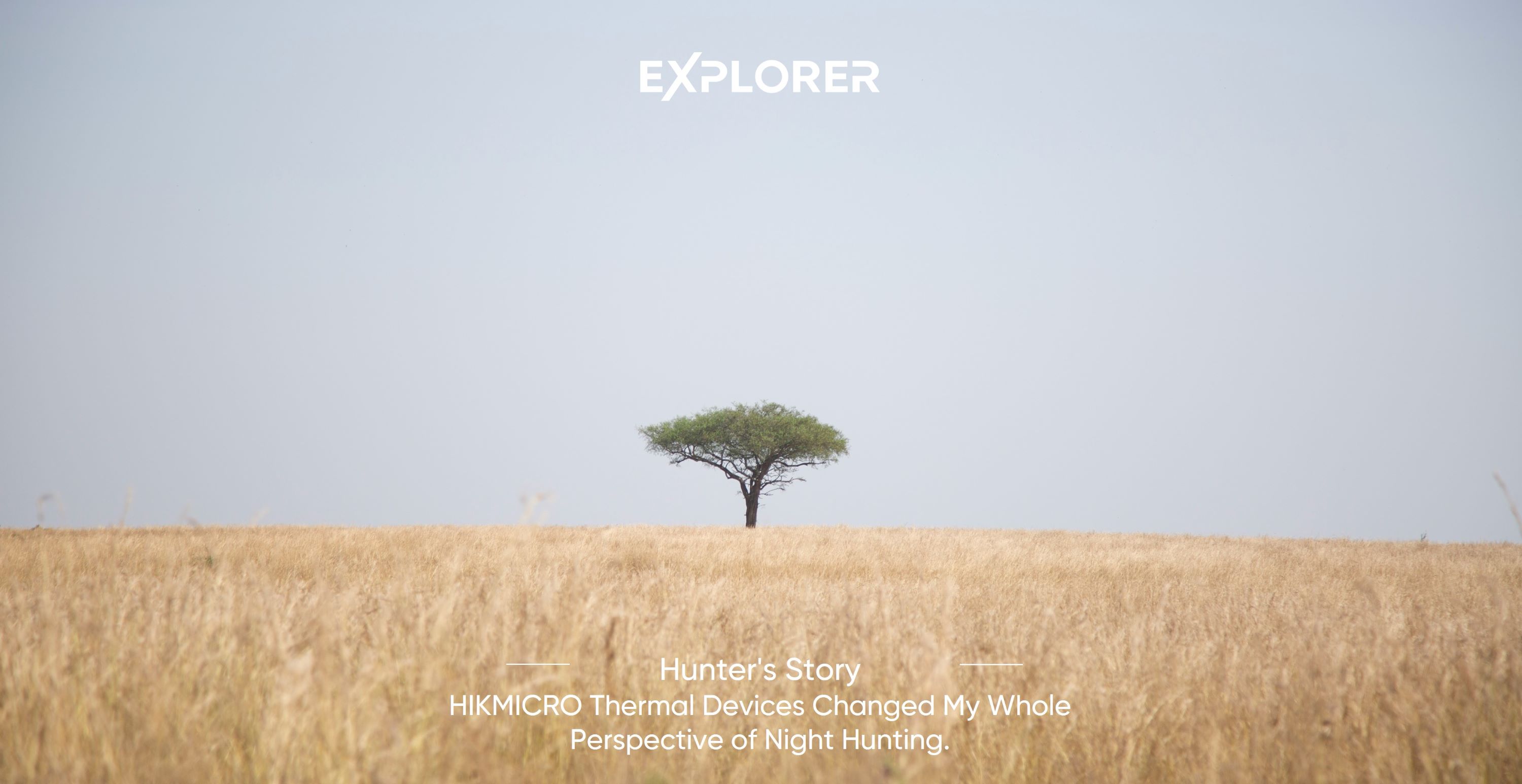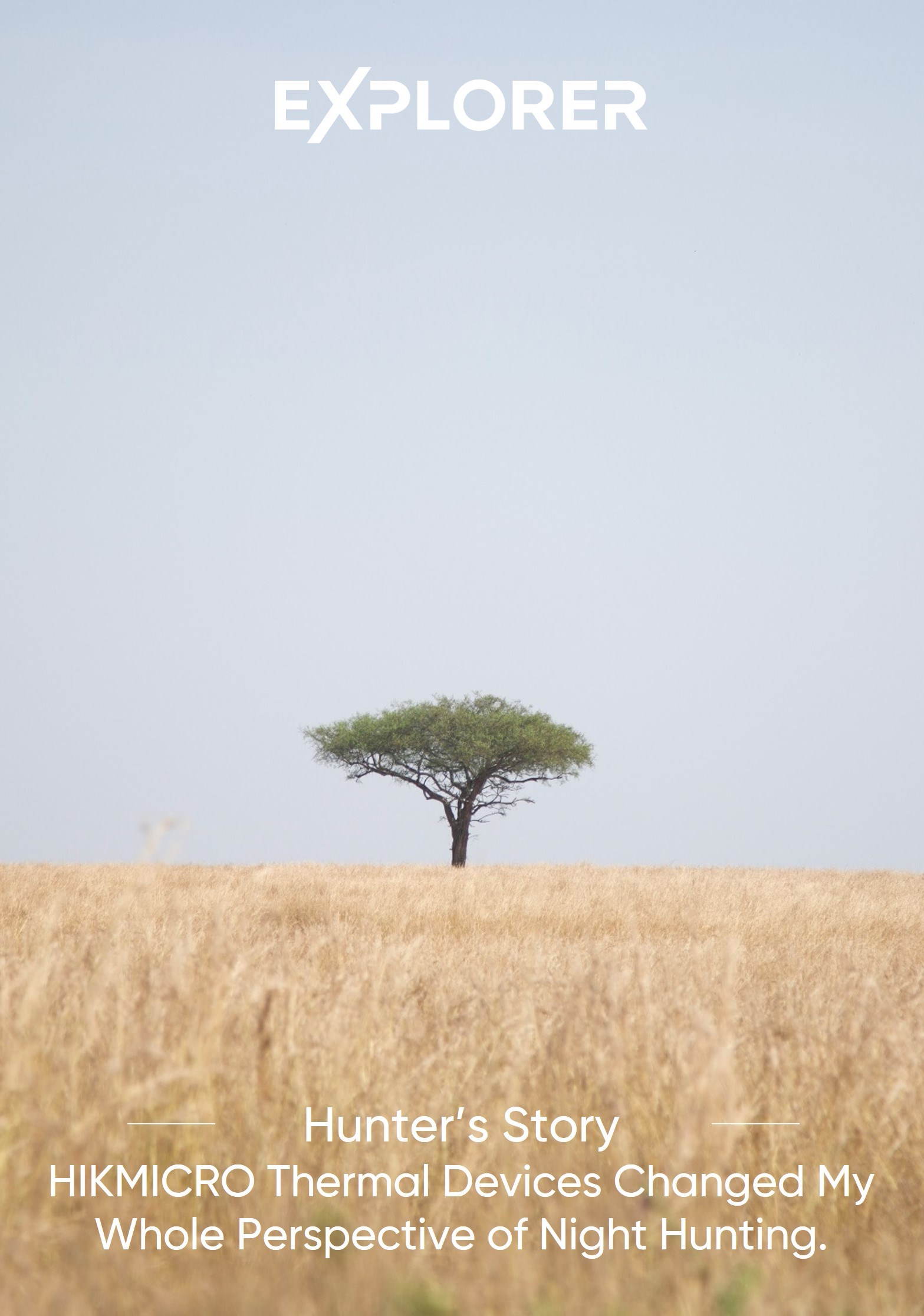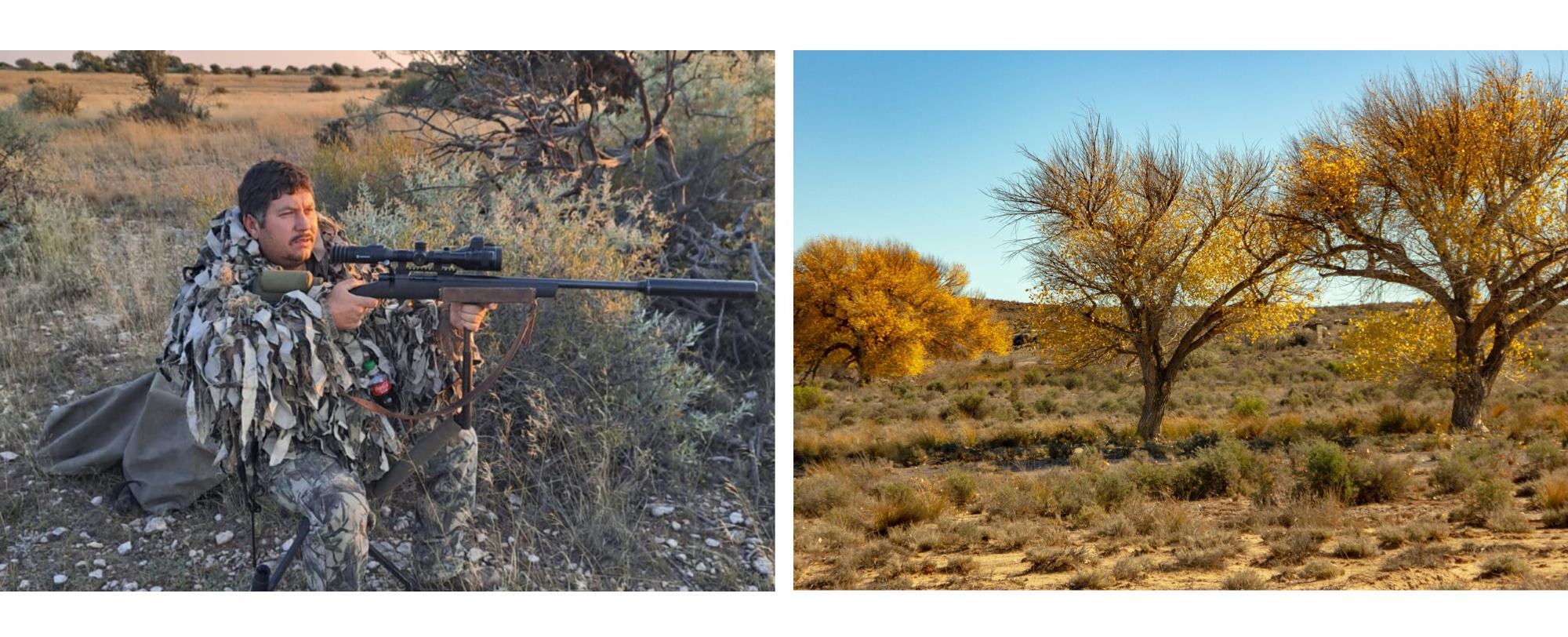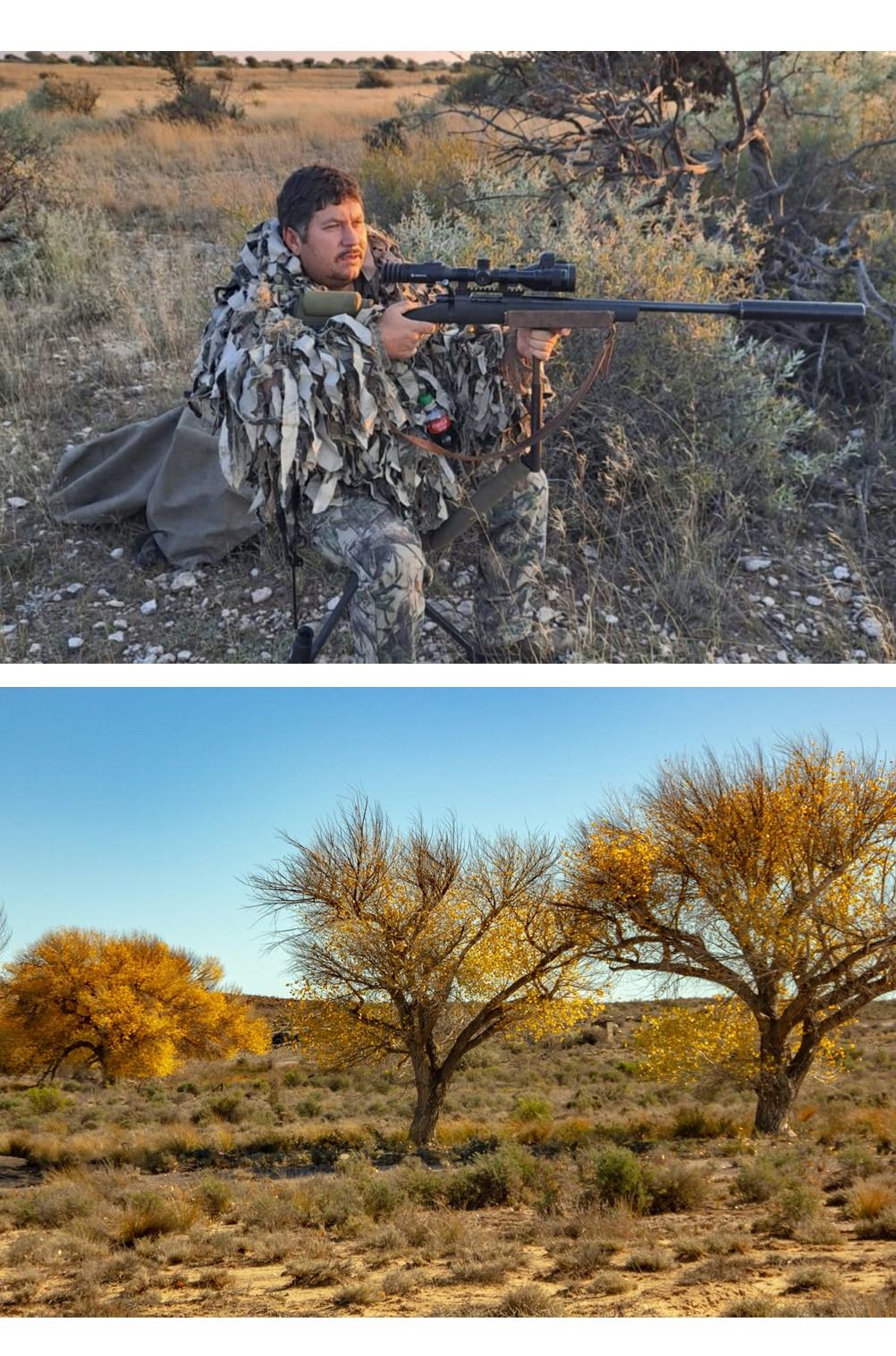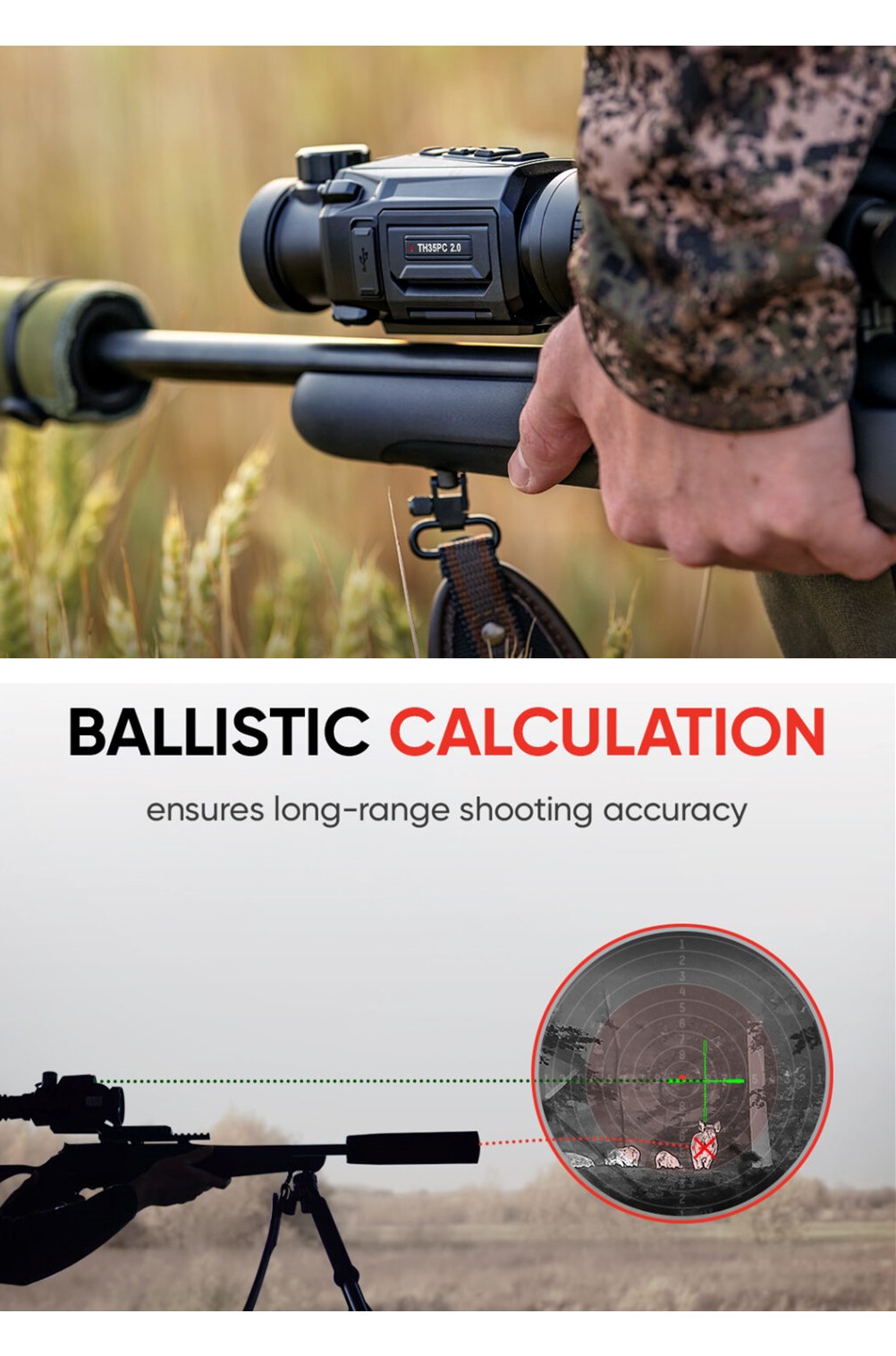Back
-
-
Productos térmicos
-
Monocular térmico
-
-
FALCON 2.0 NEWFALCON 2.0
-
CONDOR LRF 2.0 NEWCONDOR LRF 2.0
-
LYNX 2.0LYNX 2.0
-
LYNX SLYNX S
-
LYNX ProLYNX Pro
-
FALCONFALCON
-
CONDORCONDOR
-
OWLOWL
-
-
Visor térmico
-
-
STELLAR 3.0 NEWSTELLAR 3.0
-
STELLAR 2.0STELLAR 2.0
-
THUNDER ZOOM 2.0THUNDER ZOOM 2.0
-
THUNDER 2.0THUNDER 2.0
-
STELLARSTELLAR
-
-
Clip-on térmico
-
-
THUNDER 3.0 NEWTHUNDER 3.0
-
THUNDER 2.0THUNDER 2.0
-
THUNDER ProTHUNDER Pro
-
-
Cámara térmica para smartphones
-
-
EXPLOREREXPLORER
-
-
-
Productos digitales día y noche
-
Monocular digital día y noche
-
-
HEIMDALHEIMDAL
-
-
Visor digital día y noche
-
-
ALPEX 4KALPEX 4K
-
ALPEXALPEX
-
ALPEX 4K Lite NEWALPEX 4K Lite
-
-
Clip-on digital día y noche
-
-
CHEETAHCHEETAH
-
-
-
Productos multiespectrales
-
Monoculares multiespectrales
-
-
GRYPHON LRFGRYPHON LRF
-
-
Binoculares multiespectrales
-
-
HABROK Pro NEWHABROK Pro
-
HABROK 4K NEWHABROK 4K
-
HABROKHABROK
-
RAPTORRAPTOR
-
-
-
Cámara de fototrampeo
-
Cámara de fototrampeo
-
-
M15M15
-
-
-
Aplicación
-
Aplicación
-
-
HIKMICRO SightHIKMICRO Sight
-
-
-
Accesorios
-
Linterna IR
-
-
Linterna IRLinterna IR
-
-
Soporte linterna IR
-
-
Soporte linterna IRSoporte linterna IR
-
-
Carril
-
-
CarrilCarril
-
-
Anilla
-
-
AnillaAnilla
-
-
Adaptador
-
-
Adaptador de THUNDER 2.0Adaptador de THUNDER 2.0
-
Adaptador 1.0Adaptador 1.0
-
-
Ocular
-
-
Ocular THUNDER 3.0 NEWOcular THUNDER 3.0
-
Ocular THUNDER 2.0Ocular THUNDER 2.0
-
OcularOcular
-
-
Cargador
-
-
Cargador HABROK Pro NEWCargador HABROK Pro
-
Cargador THUNDER 2.0Cargador THUNDER 2.0
-
CargadorCargador
-
-
Batería
-
-
Batería HABROK Pro NEWBatería HABROK Pro
-
Batería THUNDER 2.0Batería THUNDER 2.0
-
BateríaBatería
-
-
Funda de monocular
-
-
Funda de monocularFunda de monocular
-
-
Arnés de binoculares
-
-
Arnés de binoculares NEWArnés de binoculares
-
-
Accesorios de cámara de fototrampeo
-
-
Panel solar NEWPanel solar
-
-
-
-
-
Portátil
-
Serie Mini
-
Serie Eco
-
-
Eco & Eco-VEco & Eco-V
-
PocketEPocketE
-
-
Serie B
-
Serie Pocket
-
-
Pocket1 & Pocket2Pocket1 & Pocket2
-
-
Serie M
-
-
Serie MSerie M
-
-
Serie G
-
Serie SP
-
-
Serie SPSerie SP
-
-
-
Acústica
-
Serie AI
-
-
AI56 & AI76AI56 & AI76
-
-
Serie AD
-
-
AD21 & AD21P NEWAD21 & AD21P
-
-
-
Incendios
-
Intrínsecamente segura
-
Serie BX
-
-
BX20BX20
-
-
-
Cámaras fijas
-
Cube
-
-
Cámaras CubeCámaras Cube
-
-
Box
-
-
Cámaras BoxCámaras Box
-
-
Box con enfoque automático
-
-
Cámaras Box con enfoque automático NEWCámaras Box con enfoque automático
-
-
Box de alta temperatura
-
-
Cámaras Box de alta temperaturaCámaras Box de alta temperatura
-
-
Resistentes al calor
-
-
Cámaras resistentes al calorCámaras resistentes al calor
-
-
Box R&D
-
-
Cámaras Box R&D NEWCámaras Box R&D
-
Cámara Box para i+d de alta velocidadCámara Box para i+d de alta velocidad
-
-
-
Caudalímetro
-
Caudalímetro electromagnético
-
-
Serie FE0 NEWSerie FE0
-
-
-
Transmisor de presión
-
Transmisor de presión
-
-
Serie PS0 NEWSerie PS0
-
-
-
Pirómetro
-
Pirómetro
-
-
Serie PD1 NEWSerie PD1
-
-
-
Software
-
-
-
HIKMICRO ViewerHIKMICRO Viewer
-
-
-
-
HIKMICRO AnalyzerHIKMICRO Analyzer
-
-
-
-
HIKMICRO Analyzer Acoustic NEWHIKMICRO Analyzer Acoustic
-
-
-
-
HIKMICRO StudioHIKMICRO Studio
-
-
-
-
Spot Size CalculatorSpot Size Calculator
-
-
-
Accesorios
-
Fundas
-
-
Serie E/BSerie E/B
-
Serie M/G/SPSerie M/G/SP
-
-
Lentes
-
Baterías
-
Cargadores
-
Soportes
-
-
Soportes para Mini/PocketSoportes para Mini/Pocket
-
Soportes para la serie M NEWSoportes para la serie M
-
Soportes para la serie SPSoportes para la serie SP
-
-
Protector solar
-
-
Serie GSerie G
-
-
-
-
Información
-
Log in -
Dónde comprar -
